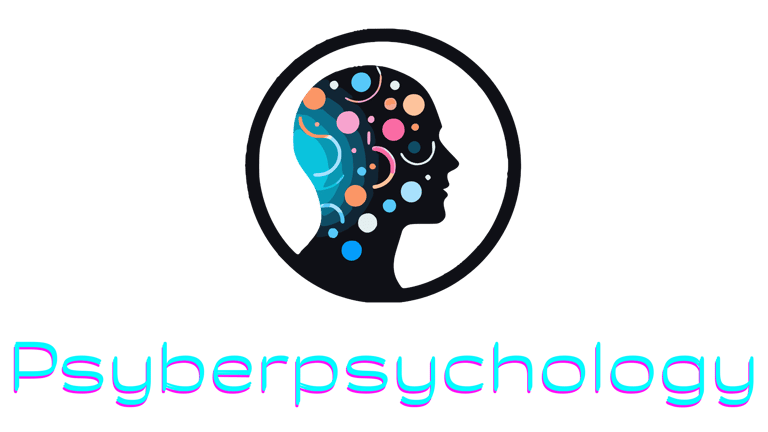What is Cyberpsychology? The Science Behind Digital Behavior
MIND & MACHINE
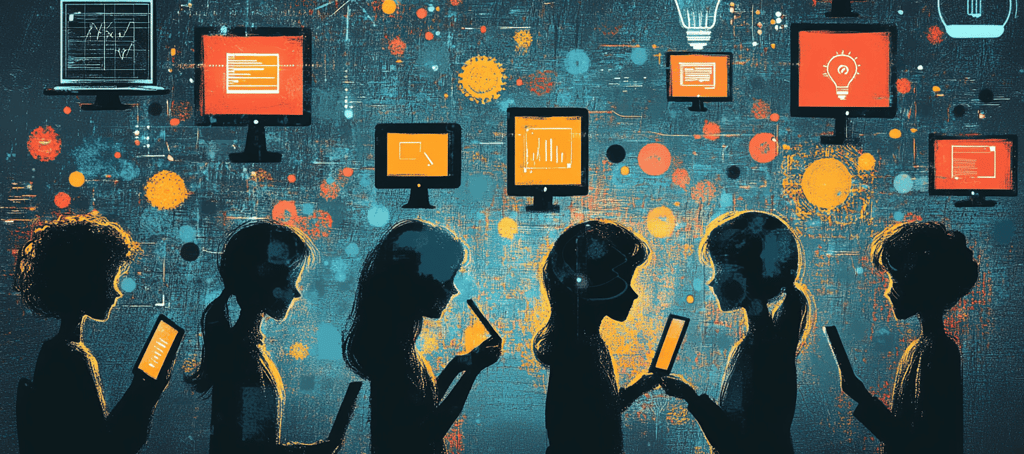

Did you know that the average person spends nearly 7 hours per day using the internet? That's equivalent to almost 44% of our waking hours immersed in digital environments. As our lives become increasingly intertwined with technology, understanding how these digital interactions affect our psychology has never been more critical.
Welcome to the fascinating world of cyberpsychology – a relatively young but rapidly growing field that examines how technology influences our thoughts, feelings, and behaviors. Whether you're scrolling through social media, working remotely via video calls, shopping online, or even developing relationships in virtual worlds, cyberpsychology helps explain the complex dynamics at play.
In this article, we'll explore what cyberpsychology is, why it matters, its key areas of study, and how it's evolving alongside our increasingly digital society. By the end, you'll have a deeper understanding of how your online experiences shape your psychological well-being and social interactions.
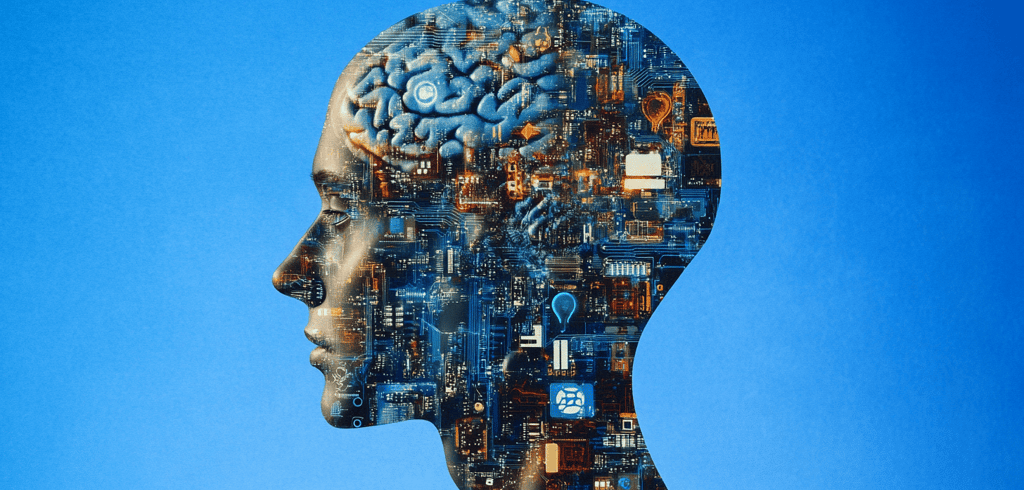

Defining Cyberpsychology
What Exactly Is Cyberpsychology?
Cyberpsychology is the study of human behavior and mental processes in the context of technology and digital environments. It examines how we interact with and are influenced by computers, the internet, mobile devices, artificial intelligence, virtual reality, and other digital technologies.
How Does It Differ From Traditional Psychology?
While traditional psychology studies human behavior and mental processes in physical environments, cyberpsychology focuses specifically on how these processes unfold in digital spaces.
Here are some key differences:
Social Dynamics: Traditional psychology looks at face-to-face interactions, whereas cyberpsychology explores how the absence of physical cues alters social dynamics.
Identity Formation: Cyberpsychology studies how people can create and manage multiple identities online, a phenomenon less common in traditional contexts.
Methodological Approaches: Cyberpsychology often utilizes digital data collection methods and studies online phenomena that didn't exist before.
Real-World Example: The Online Disinhibition Effect
Consider how differently people often behave online versus in person. The online disinhibition effect, a core concept in cyberpsychology, explains why many individuals feel more comfortable sharing personal information, expressing strong opinions, or even engaging in hostile behavior online when they would never do so face-to-face.
For example, a typically reserved person might become argumentative in comment sections or share deeply personal stories on anonymous forums. This happens because factors like anonymity, invisibility, and asynchronicity (delayed responses) remove many of the social constraints we experience in physical interactions.


Why Cyberpsychology Matters
Understanding cyberpsychology has become essential in our digital age for numerous reasons:
Real-World Applications
Mental Health Impacts: Helps explain digital phenomena like FOMO (fear of missing out), nomophobia (fear of being without mobile phone access), and technology addiction.
Online Behavior Patterns: Provides insights into cyberbullying, trolling, and the spread of misinformation, helping develop effective interventions.
Cognitive Effects: Examines how digital multitasking, information overload, and constant notifications affect attention spans, memory, and learning.
Social and Cultural Influence: Explores how social media shapes identity formation, political polarization, and social movements.
Digital Marketing and UX Design: Informs how websites and apps are designed to influence user behavior and decision-making.
Example: Smartphone Effects on Social Interactions
Consider how smartphones have transformed face-to-face social gatherings. Research in cyberpsychology has shown that even the mere presence of a smartphone on a table during conversation reduces perceived connection and empathy between participants. This phenomenon, known as "phubbing" (phone snubbing), illustrates how digital devices can fundamentally alter human connection even in physical spaces.
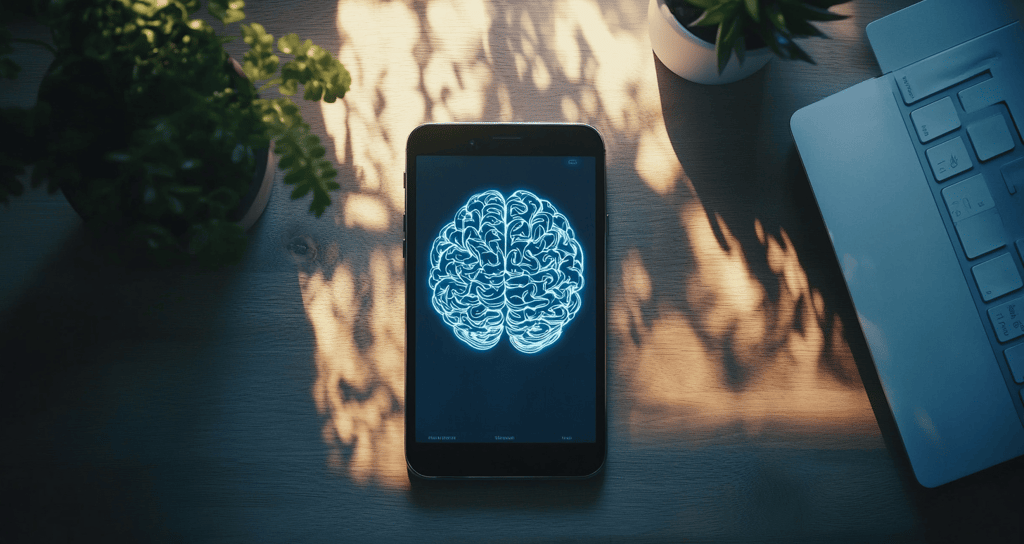

Key Areas of Study in Cyberpsychology
Cyberpsychology encompasses a wide range of fascinating topics:
Social Media Psychology: Examines how platforms like Instagram and TikTok shape self-perception, social comparison, and mental health outcomes.
Online Identity and Self-Presentation: Studies how people construct and manage digital versions of themselves, often different from their offline identities.
Human-Computer Interaction: Investigates how interface design affects user experience, engagement, and behavior.
Virtual and Augmented Reality Effects: Explores psychological responses to immersive technologies, including presence, embodiment, and therapeutic applications.
Online Relationships and Dating: Analyzes how digital platforms have transformed how we meet, connect with, and maintain relationships with others.
Cybersecurity Psychology: Examines human factors in digital security, including vulnerability to scams and privacy decision-making.
AI and Robot Psychology: Studies how humans form relationships with and respond to artificial entities.
Gaming Psychology: Investigates motivation, immersion, and both positive and negative effects of video games.
Digital Health Behaviors: Explores how technology influences health decision-making, from fitness tracking to online symptom checking.
Digital Well-being: Studies how to optimize technology use for psychological health and life satisfaction.


The Evolution of Cyberpsychology
Origins and Early Development
The term "cyberpsychology" emerged in the 1990s as the internet became more accessible to the general population. Early research focused primarily on computer-mediated communication, online identity, and internet addiction.
As social networking sites gained popularity in the early 2000s, cyberpsychologists began studying how these platforms affected self-presentation, friendship formation, and social capital. The field was largely reactive, responding to technological developments after they had already impacted society.
Modern Developments
Today, cyberpsychology has evolved into a proactive, multidisciplinary field working at the cutting edge of technological innovation:
AI Integration: Researchers now study how interactions with AI assistants, chatbots, and recommendation algorithms shape our thinking and decisions.
Big Data Approaches: Modern cyberpsychology leverages vast amounts of digital behavioral data to identify patterns impossible to detect through traditional psychological methods.
Privacy and Ethics Focus: As concerns about data security have grown, cyberpsychologists now examine the psychological aspects of privacy decision-making and digital surveillance.
Virtual Reality Therapies: VR applications are being developed to treat conditions like PTSD, phobias, and anxiety disorders based on cyberpsychological principles.
Digital Well-being Initiatives: Major tech companies now incorporate findings from cyberpsychology to create features promoting healthier technology use.
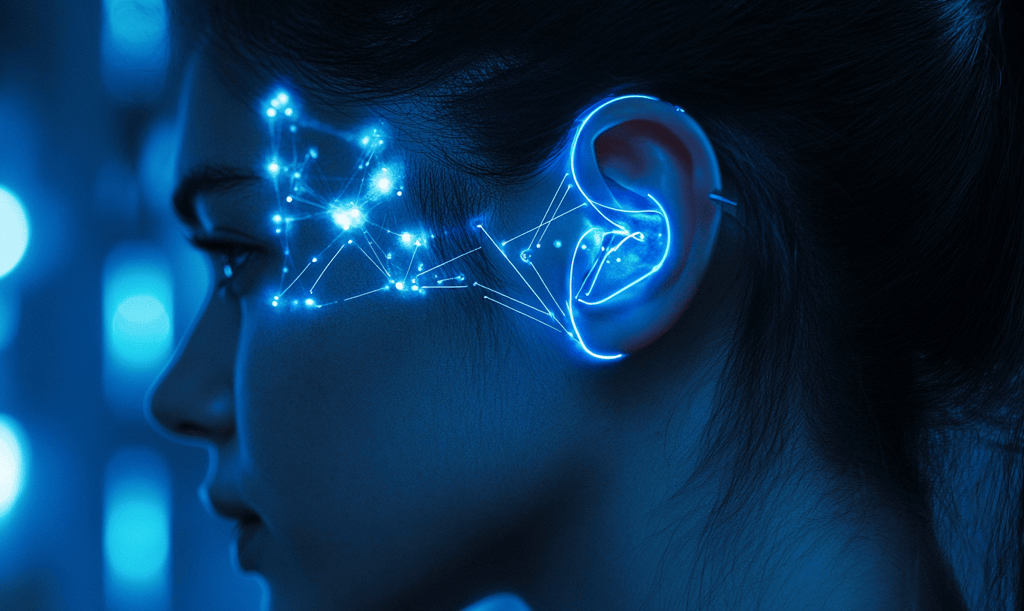

The Future of Cyberpsychology
The field of cyberpsychology stands at an exciting frontier, with several emerging trends poised to reshape our understanding of human-technology interaction:
Brain-Computer Interfaces
What happens to our concept of self when technology can directly interface with our neural processes? As brain-computer interfaces advance from medical applications to consumer products, cyberpsychologists will need to address profound questions about cognition, agency, and privacy in unprecedented ways.
The Metaverse and Digital Twins
As immersive virtual worlds become more sophisticated, how will spending significant time in these environments affect our identity, social relationships, and perception of reality? The development of persistent digital identities or "digital twins" raises fascinating questions about how we'll navigate between multiple versions of ourselves.
AI Companions and Relationships
What are the psychological implications of forming emotional bonds with non-human entities? As AI companions become more sophisticated, cyberpsychologists are examining how these relationships affect human social development, emotional attachment, and interpersonal expectations.
Augmented Cognition
How will augmented reality and ambient computing change our cognitive processes when information is instantly available in our field of vision? Cyberpsychologists are studying how these technologies might transform learning, decision-making, and memory.
Understanding these trends is crucial because they represent not just incremental changes but potentially transformative shifts in human experience.
As these technologies develop, cyberpsychological research will help ensure they enhance rather than diminish our psychological well-being.


Conclusion
As we've explored throughout this article, cyberpsychology provides essential insights into how our increasingly digital lives affect our thoughts, emotions, behaviors, and relationships. From understanding the psychology behind social media use to preparing for emerging technologies like brain-computer interfaces, this field helps us navigate the complex intersection of humanity and technology.
In a world where digital and physical realities continue to blend, developing "cyber literacy" – an understanding of how technology affects our psychology – has become as important as traditional literacy. By being mindful of these effects, we can make more intentional choices about our technology use and design digital environments that support rather than undermine psychological well-being.
Take a moment to reflect on your own digital habits. How do your online interactions differ from your in-person behavior? Do you notice technology affecting your attention, relationships, or self-perception? Share your thoughts in the comments below – your experiences contribute to our collective understanding of life in the digital age.
Note: While this article aims to provide a comprehensive overview of cyberpsychology, this rapidly evolving field continues to develop new insights. For the most current research, consult academic journals dedicated to cyberpsychology and human-computer interaction.
